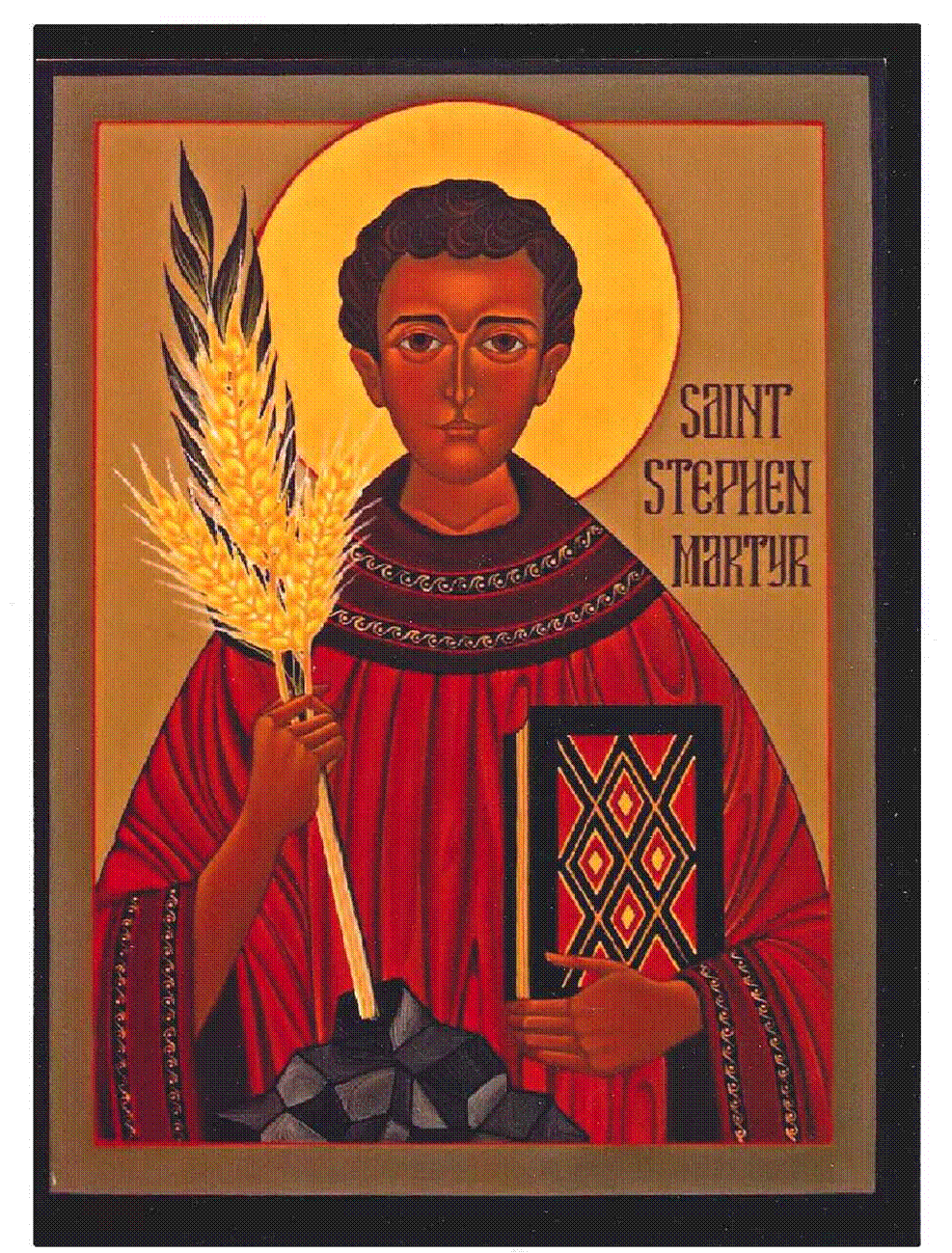A Spring Fling
- Mar 18, 2015
- 3 min read

I wanted to be nearly the first to deliver the news: Happy spring! Despite some obvious signs of winter to the contrary, Friday will officially be the first day of spring. For those of us in the Northern Hemisphere the Vernal (Latin for Spring) Equinox marks that precise date when the sun’s rays hit the earth most directly at the equator, when we can be expecting the predictable and well know effects of longer days and warmer weather.
Incidentally, as you know, we are in the “season” of Lent. This word, “Lent”, its origins a bit lost in obscurity, seems to just be nothing more than the Old English word for lengthen, as in the days are lengthening. This is rather peculiar to the English speaking religious vocabulary, to have a season of the church year with non-religious, non-technical language.
For example, if we travelled to Paris this weekend, we might go into a church and celebrate the fifth Sunday in “le carême,” or in Spain, “la cuaresma.” In most places, the word for this season is simply: The Forty. This is clearly much more descriptive, but doesn’t indicate anything cosmological or nature oriented.
So, it is rather peculiar that our word for the holy season of preparation for Easter simply means, even if the word has dropped from its secular meaning: spring. Oh boy, I just came upon another strange word…Easter…but I’ll just say, for now, that this word is also peculiar to the English speaking countries. Ok, I’ll say more…the word for Easter in almost every language is almost universally some form of “Pascha”…with roots back to Greek and perhaps borrowed from the Aramaic and then from the Hebrew word “Pesach” which probably means “Passover.” We borrow that word in technical churchy phrases like…”Paschal Mystery (i.e. life, death, resurrection of Jesus Christ)” “Paschal Candle (that big candle we use anew at the Easter Vigil and for baptisms and funerals.”
Now, you may think that I have quite literally led you down the hole of the Easter bunny, but I find it truly fascinating that in our little place in the world, our religious language is so fused with our language about nature and creation. It says so much about the power of religious imagination to see in the very ground in which we walk and the cosmos in which we live these compelling signs. These signs don’t just point us to the endless cycle of seasons, but to the mystery, in our peculiar hemisphere and locale, of death yielding life. A time when something brilliant and new is being called forth simply by a turning of the earth back to the sun, as we ourselves, cold and desperate, might turn back to a source of being that can renew us and warm us.
My imagination goes somewhere to the 7th century, somewhere near Canterbury, sometime around April. It is still cold and damp, foggy, wintery. The preacher begins to speak of this season of the forty days, a time to prepare for the Christian Passover. The preacher talks about religious things…deserts and Israelites and Jesus tempted in the desert. A confused look comes over the faces of the people… “desert” they think? What could this be? The preacher sees that he is losing the attention of these people. The preacher pauses, walks outside, looks around, and looks down and sees it there, the first crocus of Spring. He picks it, and brings it inside, shows it to the people and says, “See, this is what I have been talking about, this is the first flower of Lenten (Spring)…these forty days are just like that…a time to be stretched and lengthened just like the longer days cause us to be invigorated and new plants to come forward…and, well, that’s just like the stories of the holy ones, and most of all like Jesus, the one who was stretched out so that we might have a Lenten (Springtime) that lasts forever, who was buried in earth but then, after a season, came forth.”
Their confused looks began to give way to recognition and they began to see in the nature and world around them everywhere signs of this new Christ, these new stories, this new baptism that is all about Lenten…Springtime. They simply called it: Lent.
--Douglas Barclay
































Comments